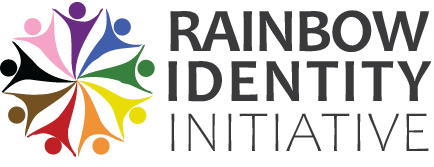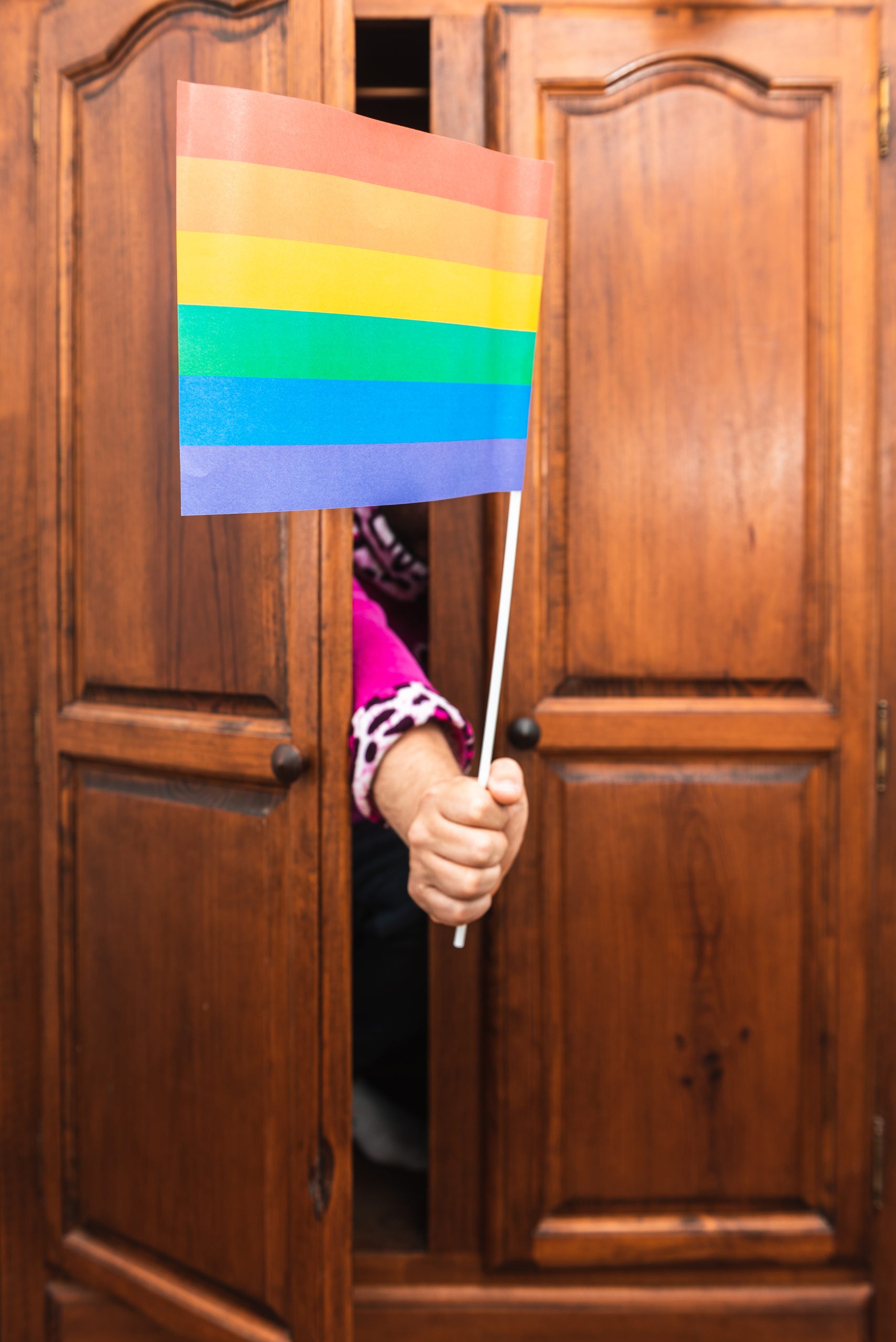“Coming out”, the process of revealing your true identity to others, can be both an empowering and terrifying experience. It’s a unique journey that is different for everyone - shaped by the complex intersection of one's identity, culture, and generational context.
As we discuss the complexities of coming out, it’s important to remember that everyone's experience is unique. Our goal is to foster understanding and promote a compassionate dialogue surrounding the intricacies of coming out and the challenges faced by different generations and the unique struggles encountered by various subsets of the LGBTQi community.
Generational Differences
The landscape for LGBTQi individuals has evolved significantly over the years. As such, coming out experiences can differ widely between generations.
Baby Boomers & Early GenX: For those who grew up in times of widespread discrimination and persecution, coming out often carried the risk of physical violence, job loss, and social alienation. As a result, many LGBTQi individuals from older generations may have remained closeted for much of their lives or only disclosed their identity to a select few. The legacy of this era still reverberates today, as some may struggle to embrace their identity fully or experience lingering shame or guilt.
GenX & Early Millennials: This group experienced the rise of LGBTQi rights movements and the growing visibility of the community. While coming out during this time may have been somewhat less dangerous, significant challenges remained. Discrimination and stigma were still prevalent, leading to cautious and gradual disclosures of one's identity. The AIDS crisis also heavily impacted this generation, amplifying fear and prejudice towards the LGBTQi community.
Millennials, Gen Z & Alpha: Today's youth are growing up in a world with increased visibility and acceptance of LGBTQi individuals. However, this does not negate the challenges they face when coming out. Bullying, family rejection, and mental health struggles persist, and the pressure to conform to societal expectations can be immense. Furthermore, the ubiquity of social media adds an additional layer of complexity, as young people navigate their identities in a more public and scrutinized space.
Challenges Faced by Different Subsets of the LGBTQ Community
While the process of coming out is a shared experience within the LGBTQ community, the challenges faced by different subsets can vary significantly.
Gay and Lesbian: While increased visibility has led to greater acceptance, gay and lesbian individuals still face discrimination and prejudice. For many, coming out remains a difficult decision, weighing the potential for love and support against the risks of rejection and marginalization.
Bisexual: Bisexual people may experience unique challenges when coming out, such as "bi-erasure" or the misconception that bisexuality is a phase or an indecisive state. This invalidation can lead to feelings of isolation, confusion, and the pressure to conform to a binary understanding of sexual orientation.
Transgender: Transgender people face some of the most significant barriers when coming out, as their journey often involves not only disclosing their gender identity but also navigating the medical, legal, and social aspects of transitioning. They may encounter ignorance, transphobia, and discrimination, even within the LGBTQ community itself.
Queer, Questioning, and Non-binary: For those who identify outside of traditional labels or are still exploring their identity, coming out can be a complex and ongoing process. They may face pressure to conform to binary gender norms and experience prejudice stemming from a lack of understanding of their identities.
Intersectionality: LGBTQi individuals from diverse backgrounds may encounter multiple layers of discrimination, such as racism, sexism, or ableism. These intersecting forms of oppression compound the challenges of coming out and can make the journey uniquely difficult.
The coming out process is a deeply personal and multifaceted experience, influenced by generational context and the unique challenges faced by different subsets of the LGBTQ community. It’s essential to approach this topic with empathy and understanding, recognizing that each person's journey is distinct and valid.
As we move forward in promoting acceptance and inclusivity, we must remember to celebrate the courage and resilience of those who have come out, while also acknowledging the barriers and difficulties they have faced. By fostering open dialogue and compassionate support, we can help create a world where coming out is not just an act of bravery, but an opportunity for genuine connection, love, and self-discovery.
If you have friends or relatives who express an interest in being an ally to you or the community in general, suggest the following steps:
- Educate yourself: Make a conscious effort to learn about LGBTQi history, rights, and issues. Understand the diversity of experiences and identities within the community and the nuances of the coming out process.
- Listen and validate: If someone comes out to you, listen with empathy and compassion, and validate their experience. Respect their confidentiality, and let them know that you support them.
- Challenge stereotypes and prejudice: Speak up against discrimination and confront your biases. Educate others on the importance of understanding and respecting LGBTQ identities.
- Be inclusive: Use inclusive language, and create a welcoming environment for LGBTQi individuals in your social, professional, and personal circles.
- Support LGBTQ causes: Advocate for LGBTQi rights and support organizations that provide resources and services for the community.
By examining the challenges faced by the different generations and groups within the LGBTQi community, we can all better understand the complexities of coming out. With a compassionate and informed approach, we can work towards a more inclusive and accepting society where everyone can live authentically and without fear of discrimination. In the wise words of Brené Brown, "Connection is why we're here; it’s what gives purpose and meaning to our lives." Let us all strive to connect, understand, and support one another on our unique journeys.

